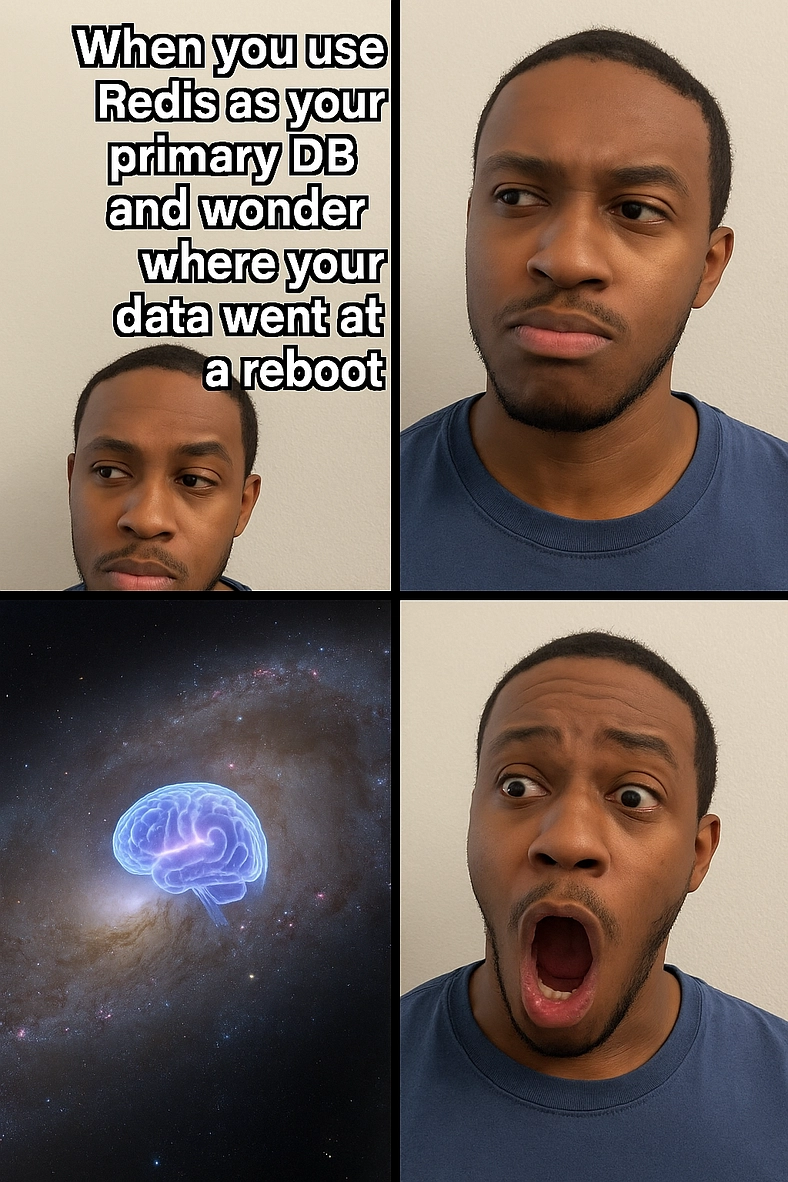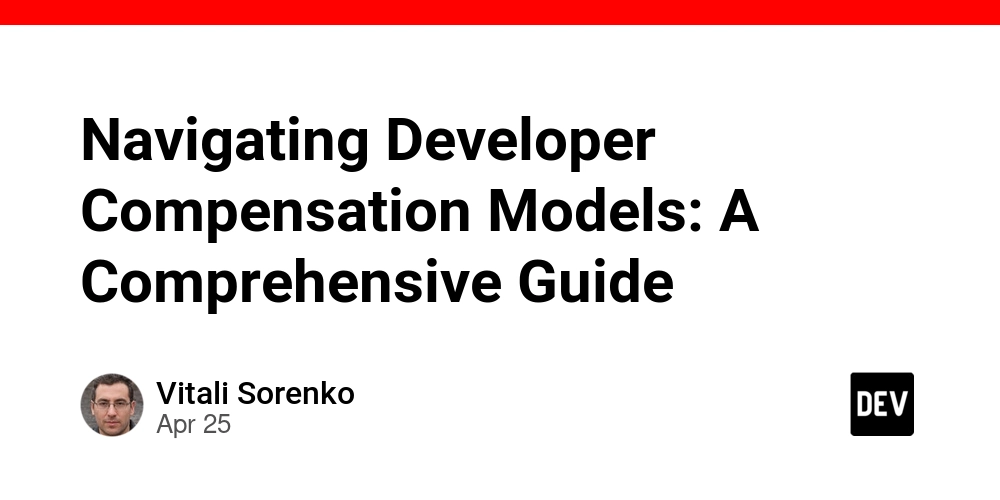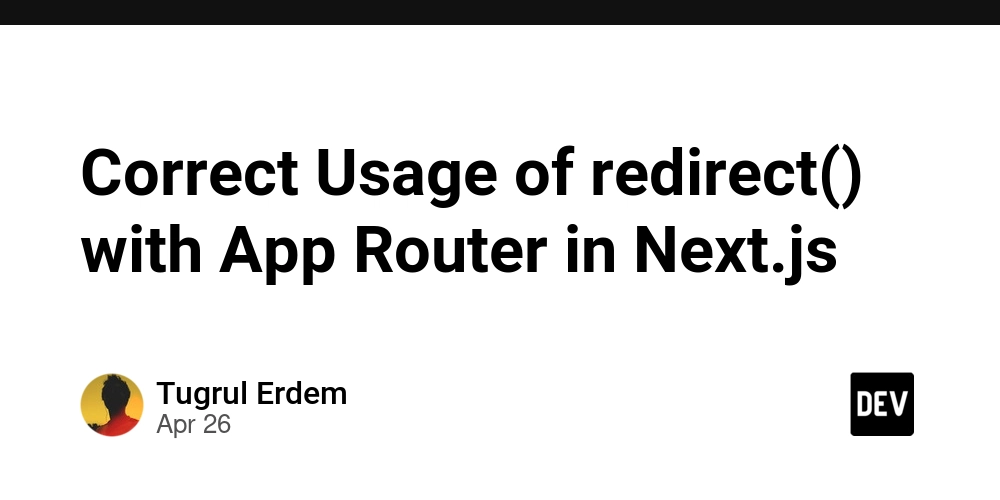Difficulties of Being Neurodivergent (and/or Chronically Ill) at a Conference
[Thanks to Sarah Matta for the photo which is of me as I begin a Lightning Talk at Haystack. See Sarah's LinkedIn post for original context. Introduction I really enjoy going to conferences. They are awesome! I love the learning and the conversations! Simultaneously, I find them stressful and exhausting. Over time I have developed a growing awareness of how conferences affect me as well as various accommodations that improve my enjoyment, increase my participation, and minimize mental and physical health effects. Yesterday I returned from the Haystack US conference. It was AWESOME and yet it was also stretching and exhausting. Maybe for some neurodivergents conferences are easy-peasy, but I know I'm not alone in finding conferences difficult, so I want to share what I've learned. I'd also love to hear your thoughts on attending conferences and ways in which you've learned to help yourself experience and participate at maximal levels. Buffer The Conference I do much better when I arrive the day before a conference and leave the day after. I highly value both, but before the conference is essential. It allows me to get some rest and enter the conference with higher levels of energy and resilience. If I have my druthers I also like to tag an extra day on after the conference. This allows me to spend some time in the conference location being a tourist. This means I don't feel the need to try and cram this in during the conference. Bring Supplies I like to bring: My laptop bag A laptop (duh) and the AC adapter Earbuds Tissues (allergies, cold, etc.) Note pad (for hand-written notes...okay, mainly for doodling) Pens (multiple!) Business cards (though I rarely hand these out these days, mainly connect via LinkedIn) Snacks (a decent variety including some that provide protein) Refillable water bottle (I use a Cirkul, the flavor helps me drink more) Deodorant Hand Sanitizer Medications (e.g. lactaid pills, acid reducers, etc.) Giving Permission I find people are usually abundantly gracious towards others - and yet many of us struggle to show this grace to ourselves. There are rarely folks looking down on us for leaving early, taking a break instead of attending a session, or not proactively seeking out social conversations - but we often berate ourselves for this behavior. Here are a few ways I give myself permission during conferences: Taking Breaks I allow myself not to attend a session (or multiple!) and to take a break. For me this can be a walk, a trip to a bookstore, or (most often) a nap. Sometimes this is because I'm not interested in any of the sessions available at the moment but more often it's because I need a break - and that's okay! Missing Out What's harder is when there is something I really want to do and I have major FOMO but I need to skip it anyways. At Haystack I attended the BBQ on Monday night and it was awesome! On Tuesday, despite my strong desire, I skipped the meetup after the workshops. I knew I was depleted and that while I could be physically present I likely wouldn't be intellectually or emotionally present. I left before the bitter end from the Wednesday dinner and excused myself early from the Thursday dinner. Why? On Wednesday it was because I knew I needed the rest to be ready for Thursday. On Thursday it was because I realized that I was already cooked. Goofing Off I have an incredibly hard time sitting still during lectures (yes, I do have ADHD, thank you very much). I tend to battle this by taking fairly copious notes (yes, I know the slides are available, I'm typing so I stay focused!). But sometimes that isn't enough. You might catch me browsing the web, writing some code, or doodling on a piece of paper. I want to hear what the speakers have to say and at the same time sometimes I need a break. Rather than making myself miserable, I allow it. Securing Focus I cannot focus if there is noise around me - particularly if it is human voices. If I'm in a workshop or a presentation that involves extended concentration and interaction (e.g. setting up an infrastructure or writing code) and incidental conversation is occurring around me I'm likely to pull out my earbuds. I don't mind that others are talking - I want you to do you! At the same time, I can't be productive if I can hear that talking. I'll put on some music - usually instrumental (I have an instrumental hard rock playlist. I also fond of a softer focus playlist). I'm not trying to be antisocial, I'm happy to be interrupted, but I'm okay with seeming a bit antisocial - it keeps my frustration levels down and allows me to complete the assignment. Being Socially Inept I think I'm a fairly good conversationalist and I like meeting new people. Oftentimes I can be energized by a good conversation - but after a while even good conversations will take their toll. My first step to accommodate myself is to no
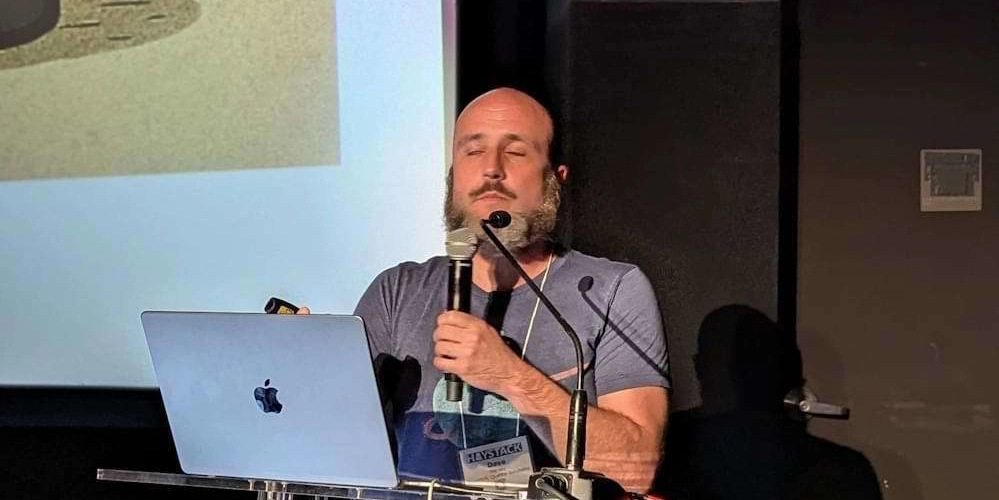
[Thanks to Sarah Matta for the photo which is of me as I begin a Lightning Talk at Haystack. See Sarah's LinkedIn post for original context.
Introduction
I really enjoy going to conferences.
They are awesome!
I love the learning and the conversations!
Simultaneously, I find them stressful and exhausting.
Over time I have developed a growing awareness of how conferences affect me as well as various accommodations that improve my enjoyment, increase my participation, and minimize mental and physical health effects.
Yesterday I returned from the Haystack US conference. It was AWESOME and yet it was also stretching and exhausting.
Maybe for some neurodivergents conferences are easy-peasy, but I know I'm not alone in finding conferences difficult, so I want to share what I've learned. I'd also love to hear your thoughts on attending conferences and ways in which you've learned to help yourself experience and participate at maximal levels.
Buffer The Conference
I do much better when I arrive the day before a conference and leave the day after. I highly value both, but before the conference is essential. It allows me to get some rest and enter the conference with higher levels of energy and resilience.
If I have my druthers I also like to tag an extra day on after the conference. This allows me to spend some time in the conference location being a tourist. This means I don't feel the need to try and cram this in during the conference.
Bring Supplies
I like to bring:
- My laptop bag
- A laptop (duh) and the AC adapter
- Earbuds
- Tissues (allergies, cold, etc.)
- Note pad (for hand-written notes...okay, mainly for doodling)
- Pens (multiple!)
- Business cards (though I rarely hand these out these days, mainly connect via LinkedIn)
- Snacks (a decent variety including some that provide protein)
- Refillable water bottle (I use a Cirkul, the flavor helps me drink more)
- Deodorant
- Hand Sanitizer
- Medications (e.g. lactaid pills, acid reducers, etc.)
Giving Permission
I find people are usually abundantly gracious towards others - and yet many of us struggle to show this grace to ourselves. There are rarely folks looking down on us for leaving early, taking a break instead of attending a session, or not proactively seeking out social conversations - but we often berate ourselves for this behavior.
Here are a few ways I give myself permission during conferences:
Taking Breaks
I allow myself not to attend a session (or multiple!) and to take a break. For me this can be a walk, a trip to a bookstore, or (most often) a nap. Sometimes this is because I'm not interested in any of the sessions available at the moment but more often it's because I need a break - and that's okay!
Missing Out
What's harder is when there is something I really want to do and I have major FOMO but I need to skip it anyways. At Haystack I attended the BBQ on Monday night and it was awesome! On Tuesday, despite my strong desire, I skipped the meetup after the workshops. I knew I was depleted and that while I could be physically present I likely wouldn't be intellectually or emotionally present.
I left before the bitter end from the Wednesday dinner and excused myself early from the Thursday dinner.
Why? On Wednesday it was because I knew I needed the rest to be ready for Thursday. On Thursday it was because I realized that I was already cooked.
Goofing Off
I have an incredibly hard time sitting still during lectures (yes, I do have ADHD, thank you very much). I tend to battle this by taking fairly copious notes (yes, I know the slides are available, I'm typing so I stay focused!). But sometimes that isn't enough. You might catch me browsing the web, writing some code, or doodling on a piece of paper.
I want to hear what the speakers have to say and at the same time sometimes I need a break. Rather than making myself miserable, I allow it.
Securing Focus
I cannot focus if there is noise around me - particularly if it is human voices. If I'm in a workshop or a presentation that involves extended concentration and interaction (e.g. setting up an infrastructure or writing code) and incidental conversation is occurring around me I'm likely to pull out my earbuds.
I don't mind that others are talking - I want you to do you! At the same time, I can't be productive if I can hear that talking. I'll put on some music - usually instrumental (I have an instrumental hard rock playlist. I also fond of a softer focus playlist).
I'm not trying to be antisocial, I'm happy to be interrupted, but I'm okay with seeming a bit antisocial - it keeps my frustration levels down and allows me to complete the assignment.
Being Socially Inept
I think I'm a fairly good conversationalist and I like meeting new people. Oftentimes I can be energized by a good conversation - but after a while even good conversations will take their toll.
My first step to accommodate myself is to no longer be proactive in socializing. By this I mean, if I'm feeling high energy I will walk up to people (including those I don't know) and start a conversation. As my energy decreases my ability to do this decreases.
My second step is to allow myself to be cooked. This means that I've reached the point where not only proactive social interactions go out the window but I also am not making any effort to appear eager to participate in such interactions. Usually I would still love to talk to someone if they proactively initiate, but I'm also allowing myself to be content with just sitting there, staring vacantly into space.
The third step is physical withdrawal. When I'm cooked and further other-initiated conversation seem unlikely (or driven by guilt) I take physical leave.
The Aftereffects
Some of these activities can be done without any trade-offs (other than a little extra preparation) but some do come with a cost.
I do miss out on conversations I'd love to have.
I don't attend social gatherings that could be enjoyable.
I may be seen as undisciplined or lazy because I'm not paying full attention to the presentation.
I do miss out on opportunities.
I don't get everything those who are able to marathon through do.
But at the end of the day, I accept that I am a unique individual (as are we all) and that I have specific strengths and weaknesses and I need to operate within those.
But I SHOULD!
I have, many times, attempted to fit my square peg self into a round hole. When I do I suffer and in the long-term it is counter productive.
I might be able to sit through the lecture without doodling.
I might be able to force myself to stay longer at a social gathering.
But I've realized that I eventually pay for this and that:
The price is oftentimes significantly more than one would expect. For example, pushing myself too hard on one day may require 2-3 days or recuperation. Sure, I did it but, but was it worth an additional 1-2 days? It isn't a simple 1 - 1 = 0 equation. It's more like 1 - 3 = -2.
The cost is paid frequently when I need the time/energy more and, as importantly, when others need me more.
I give up some of the social niceties and behavior that allows one to appear more friendly, productive, and energetic because I know I can't do them without sacrifices that I've determined bear a cost beyond their value.
Concluding Thought
I want to encourage you to consider how the activities you are involved in (conferences or otherwise) affects you. To consider the ways in which you can mitigate the negative effects and when there seems to be a negative side to the necessary mitigations to do an informal cost-benefit analysis.
One significant benefit to doing so is that we give others the encouragement and permission they need to give themselves grace. When I see you treating yourself well, allowing yourself to be uniquely you, it encourages me that it's okay for me to be different too!
Appendixes
But You've Done a Lot of Public Speaking...
Yes, it's true. I've spent years doing public speaking / teaching and this does come with a cost but for me (yes, I accept the designation "weirdo") speaking to a group is much less expensive than speaking with a person / people in most circumstances.
I can walk off a speaking gig with minimal energy loss, but I'll likely experience significant loss as I engage others after the speech.
Should I Leave You Alone?
I appreciate that people don't want to be a burden to me but it's also important to note that I (and I think most of us) yearn for good conversations with others. Usually we see the cost as acceptable (even if it is steep). We want to talk to you too.
If I didn't get to talk to you recently or if at some future event I scoot out before you can talk - it isn't because I don't want to talk with you, I've simply hit the limits of what my mind or body can take at that given moment...but I would love to talk another time!
















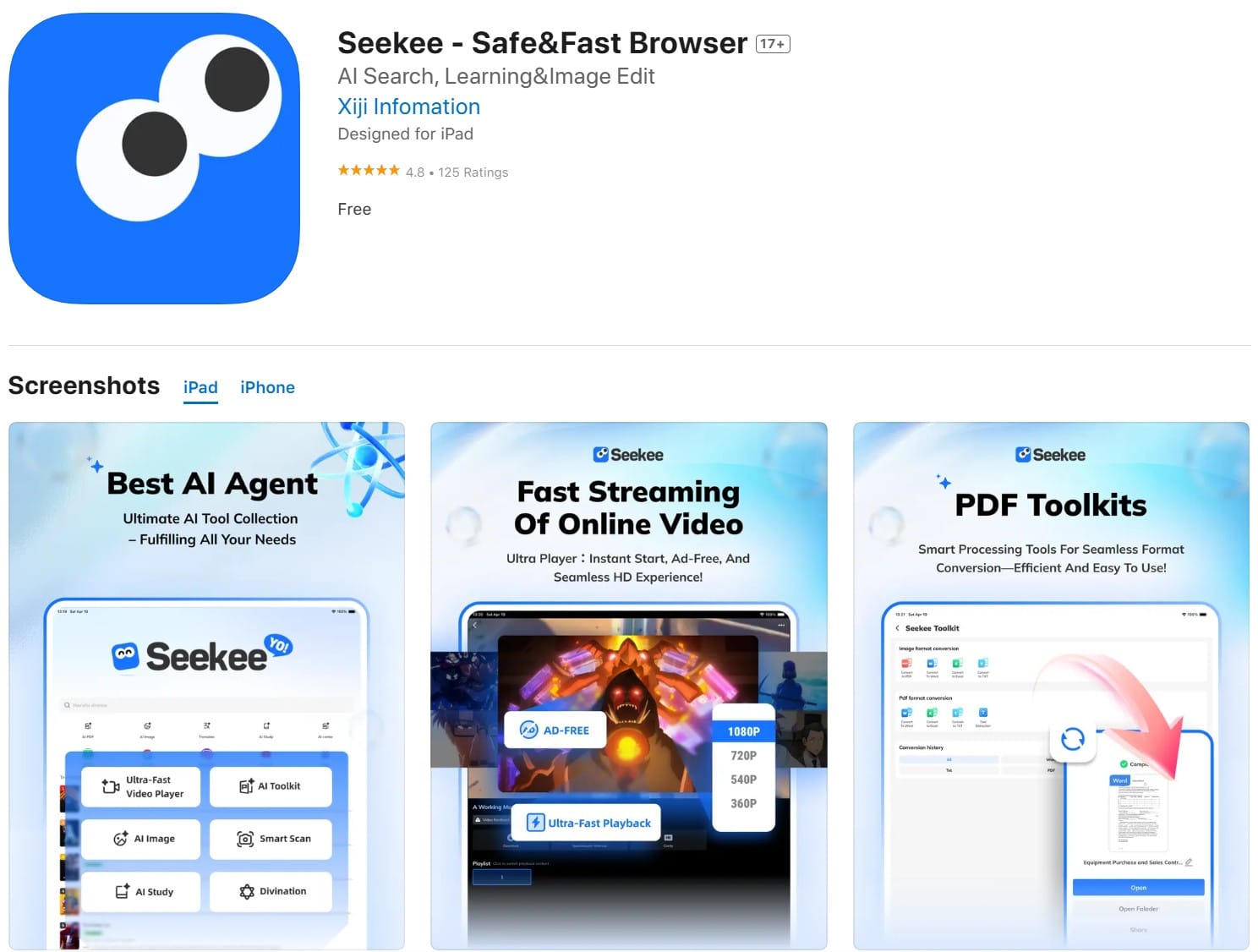




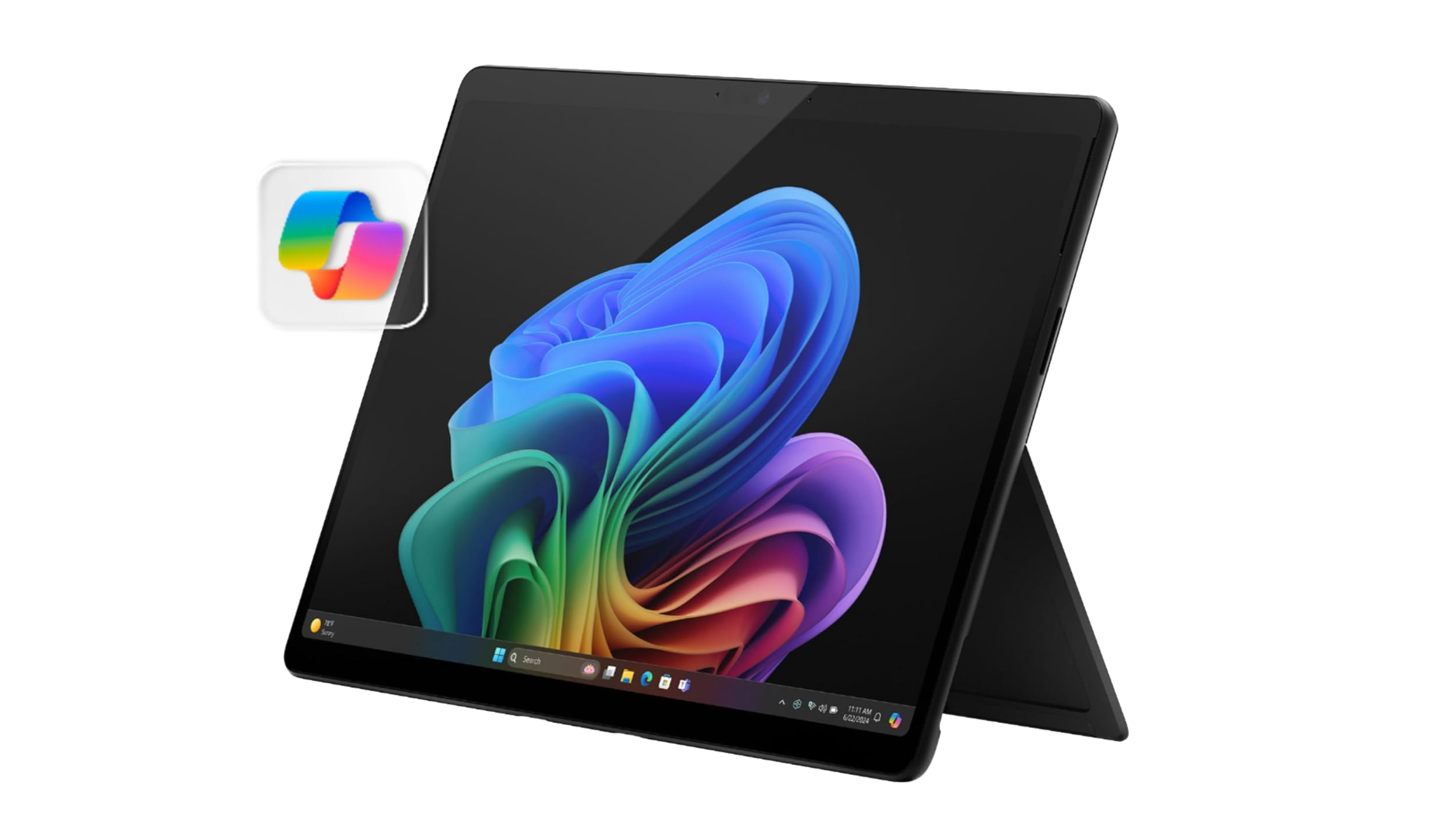
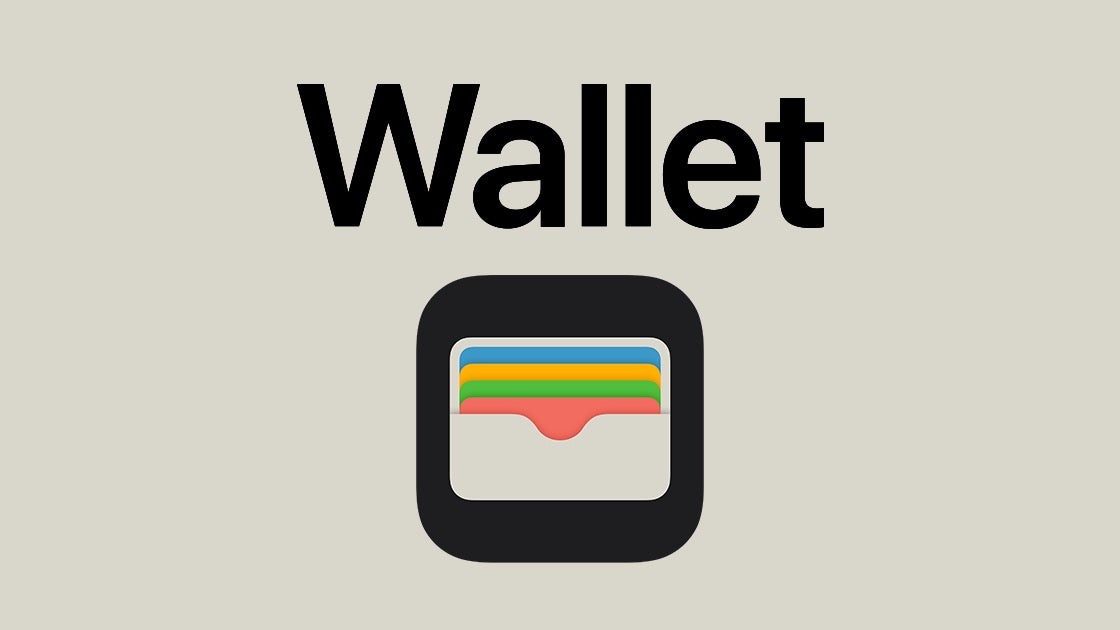
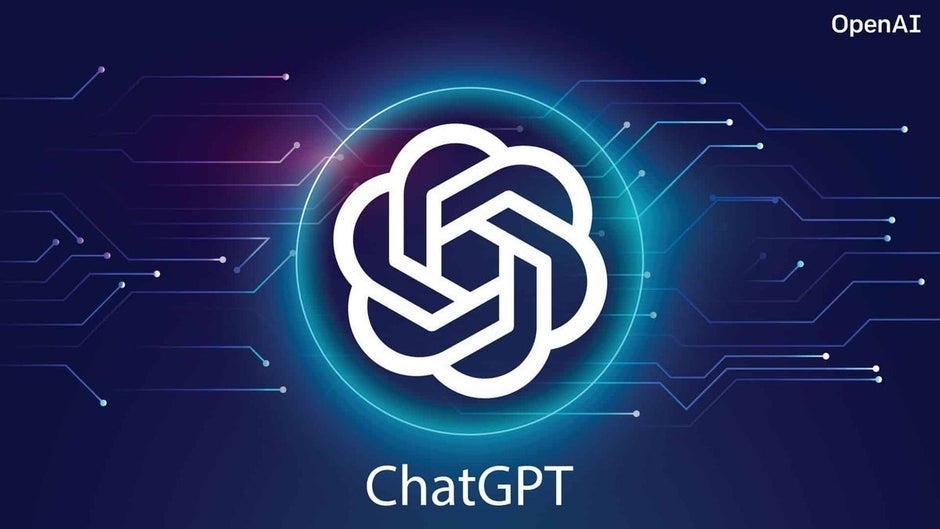





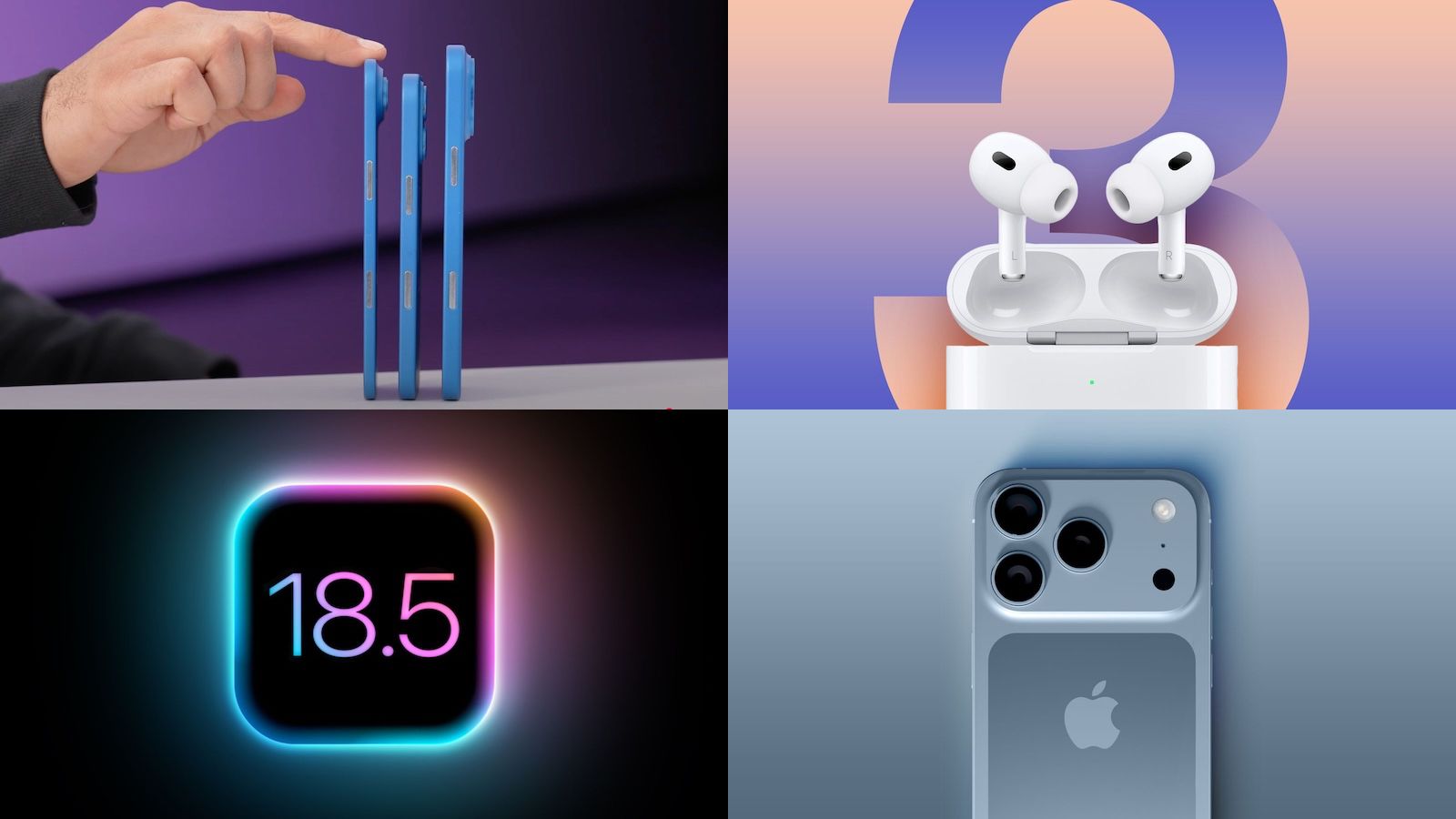

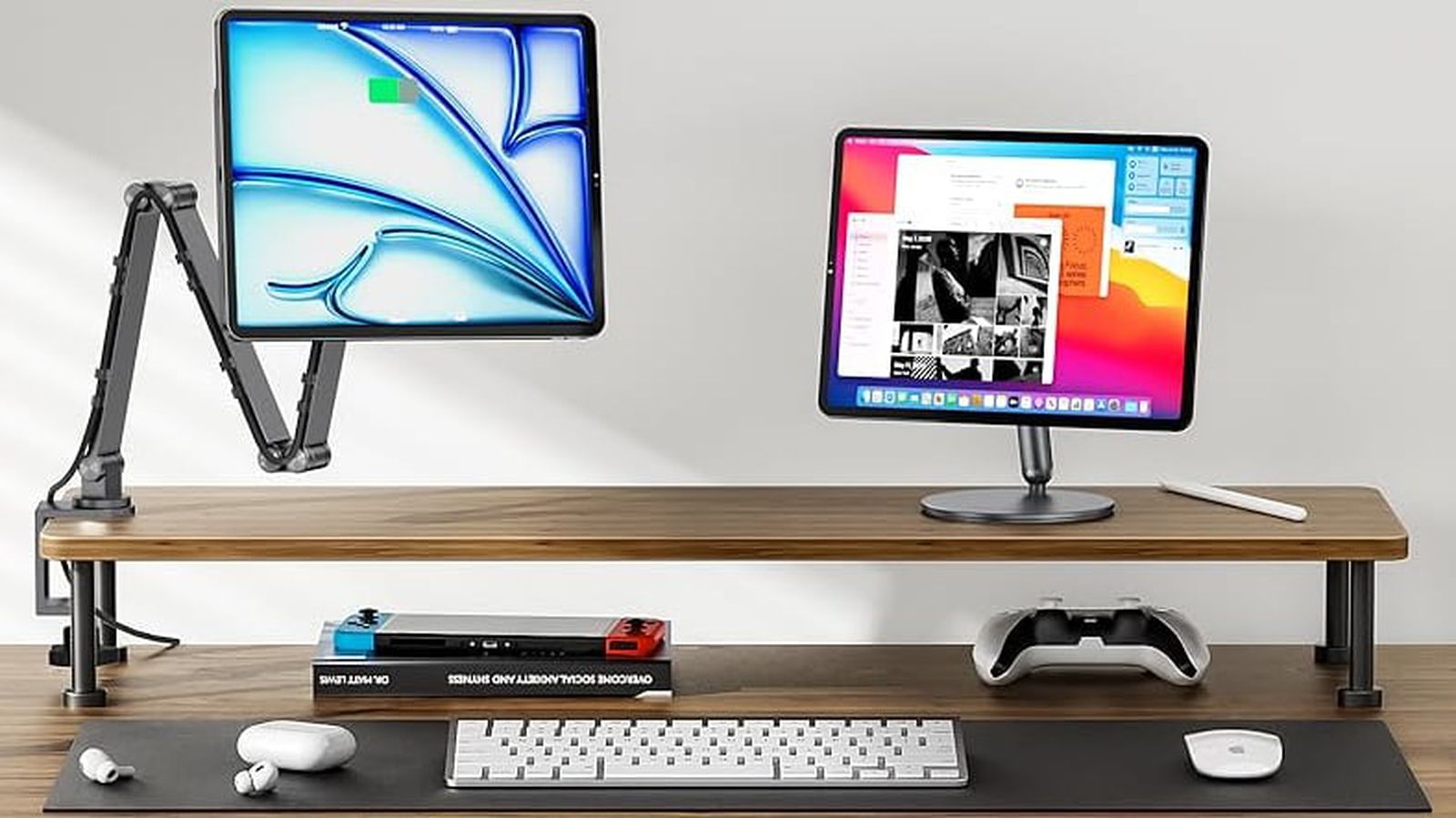

















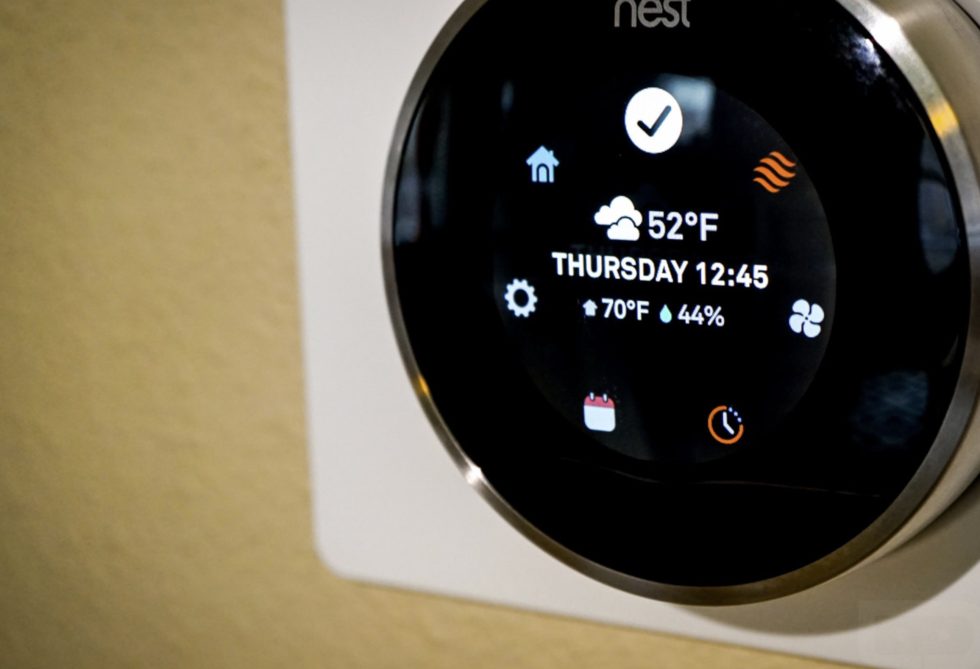





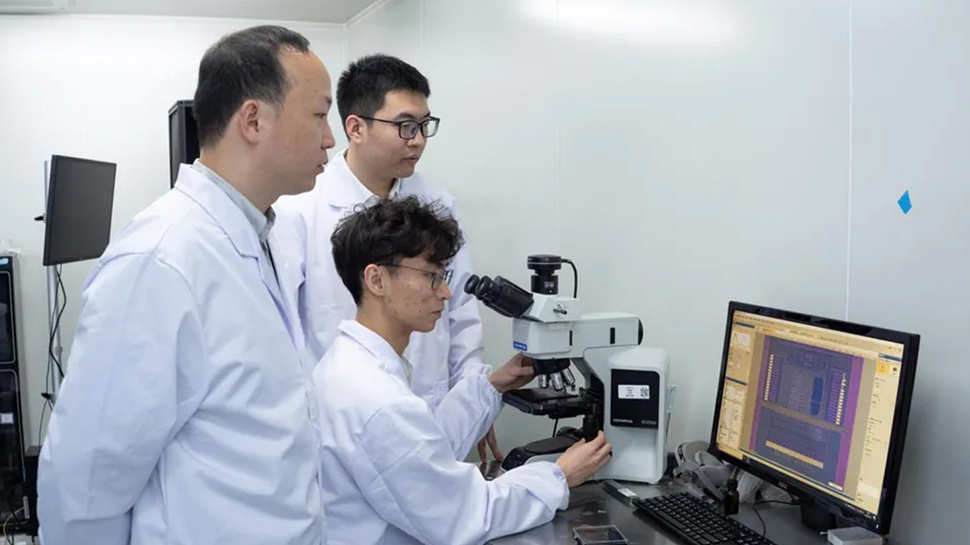
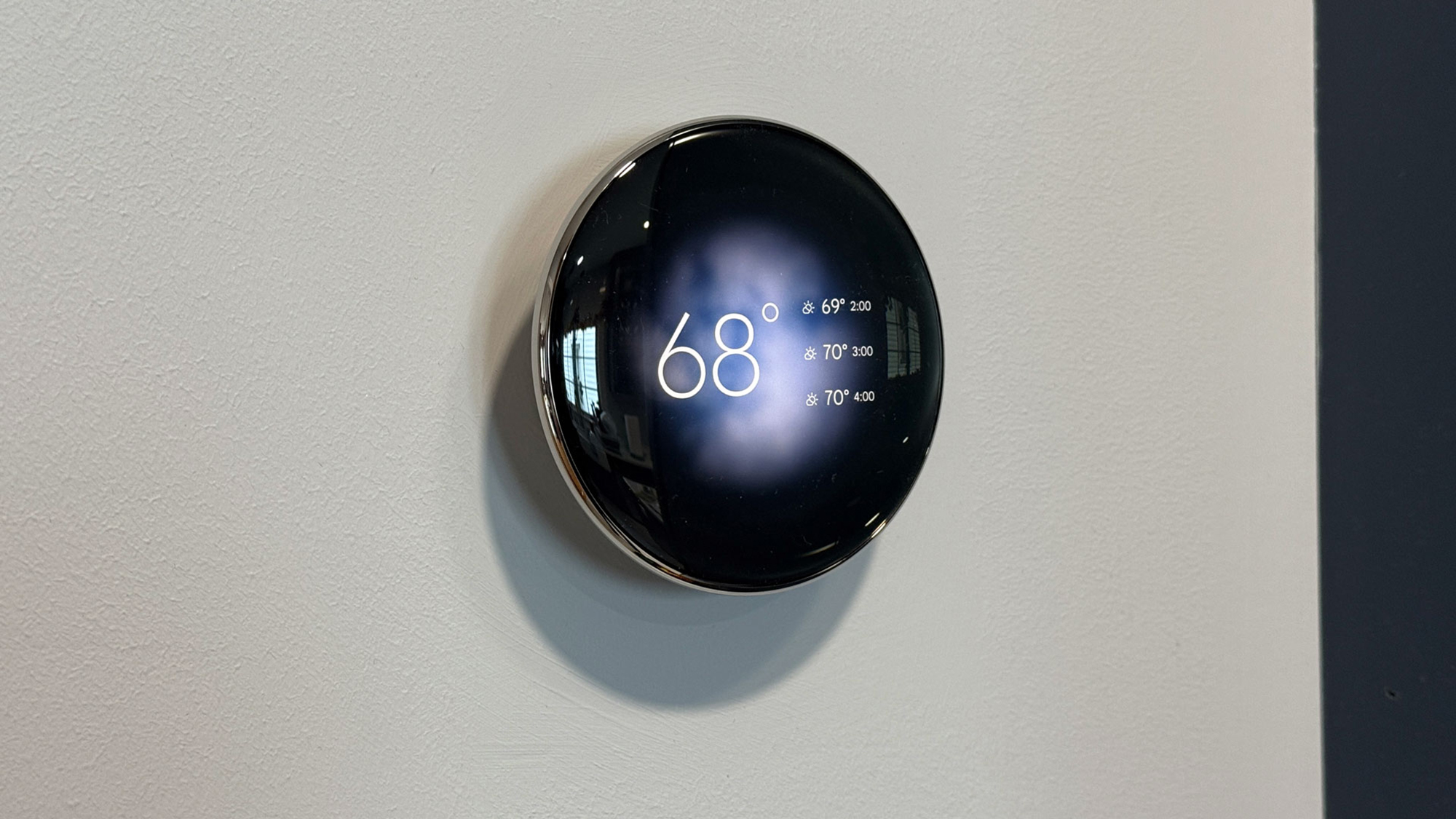
















![iPadOS 19 May Introduce Menu Bar, iOS 19 to Support External Displays [Rumor]](https://www.iclarified.com/images/news/97137/97137/97137-640.jpg)

![Apple Drops New Immersive Adventure Episode for Vision Pro: 'Hill Climb' [Video]](https://www.iclarified.com/images/news/97133/97133/97133-640.jpg)
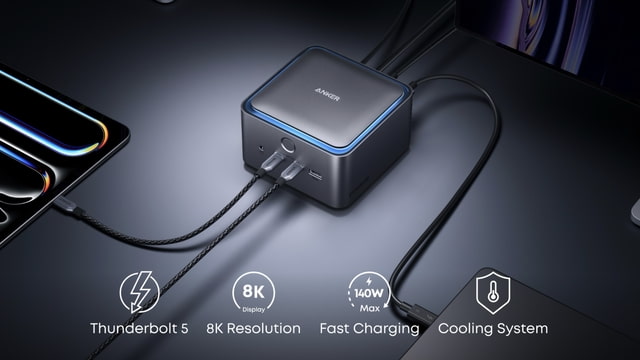
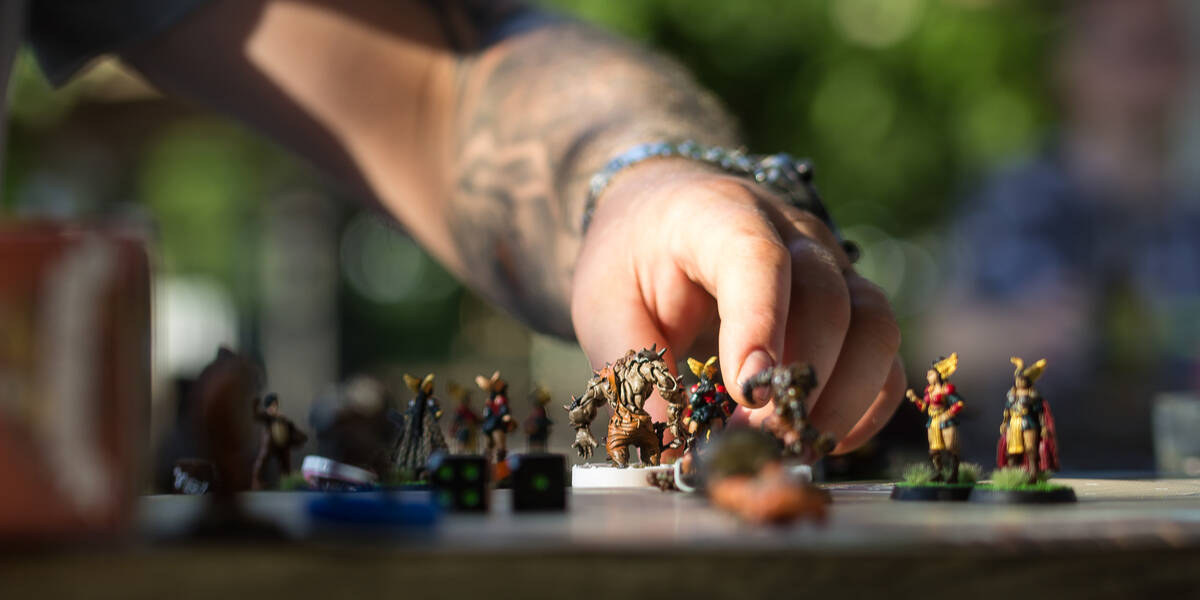










![This new Google TV streaming dongle looks just like a Chromecast [Gallery]](https://i0.wp.com/9to5google.com/wp-content/uploads/sites/4/2025/04/thomson-cast-150-google-tv-1.jpg?resize=1200%2C628&quality=82&strip=all&ssl=1)
![Hostinger Horizons lets you effortlessly turn ideas into web apps without coding [10% off]](https://i0.wp.com/9to5mac.com/wp-content/uploads/sites/6/2025/04/IMG_1551.png?resize=1200%2C628&quality=82&strip=all&ssl=1)

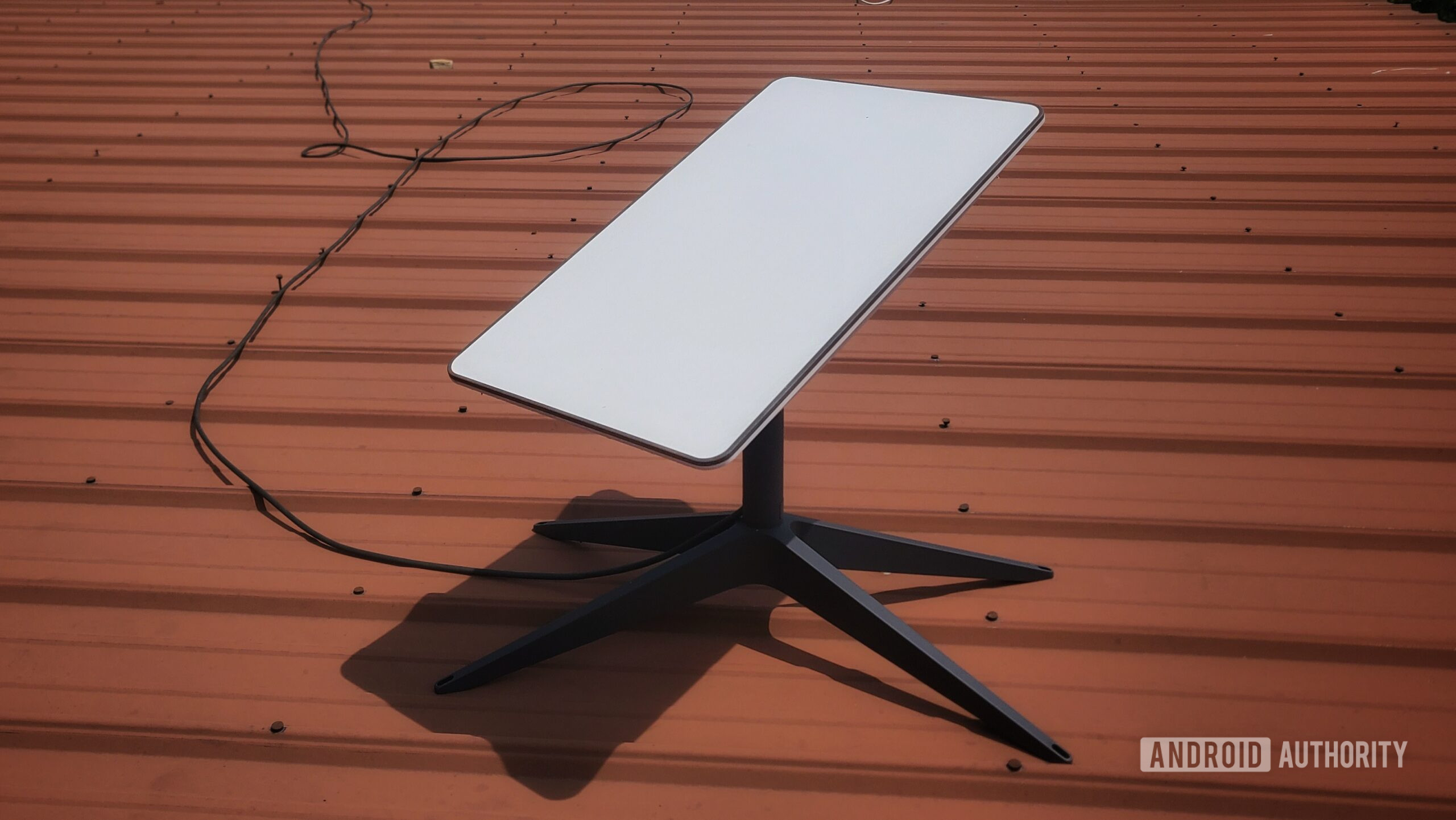
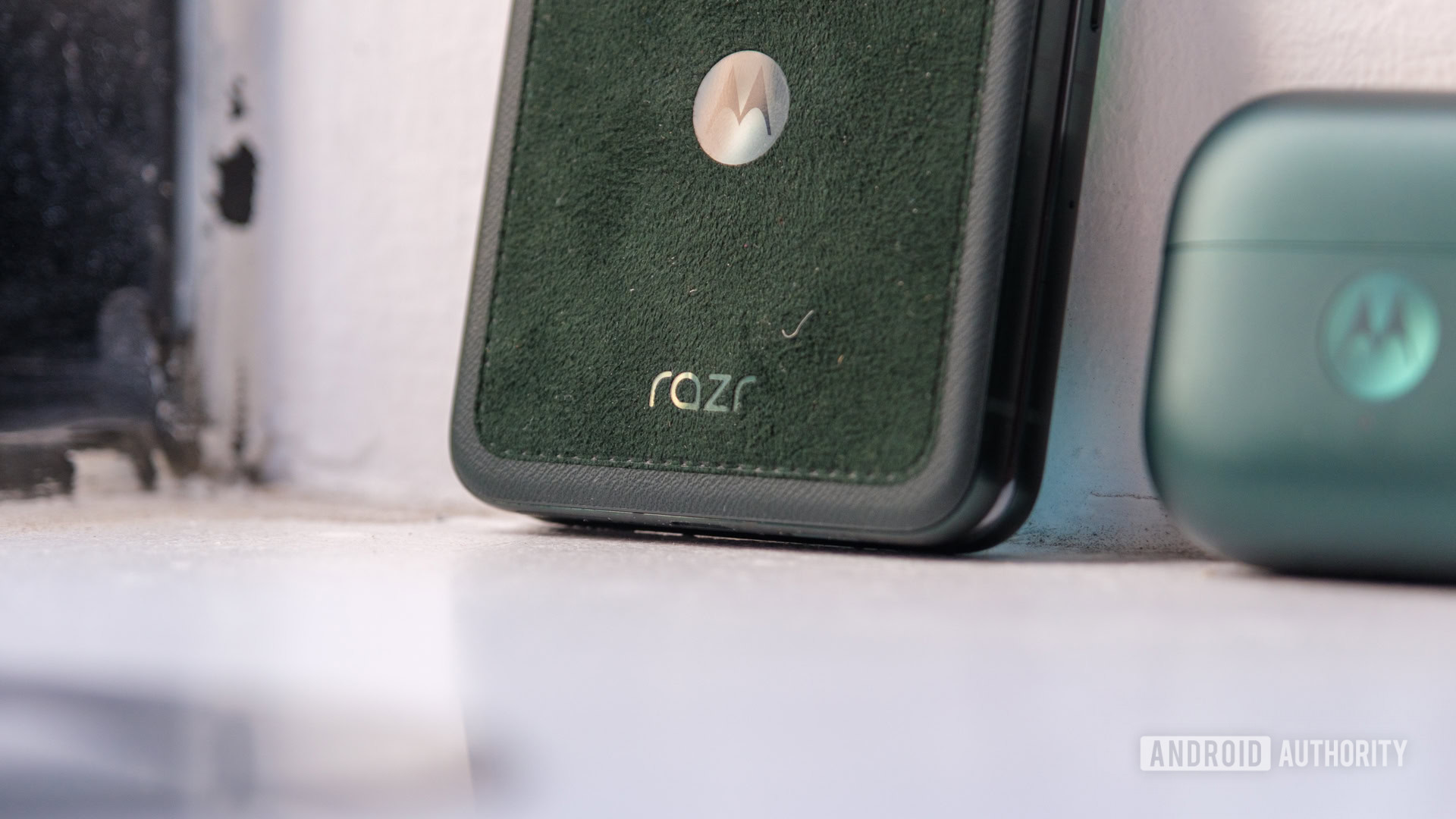
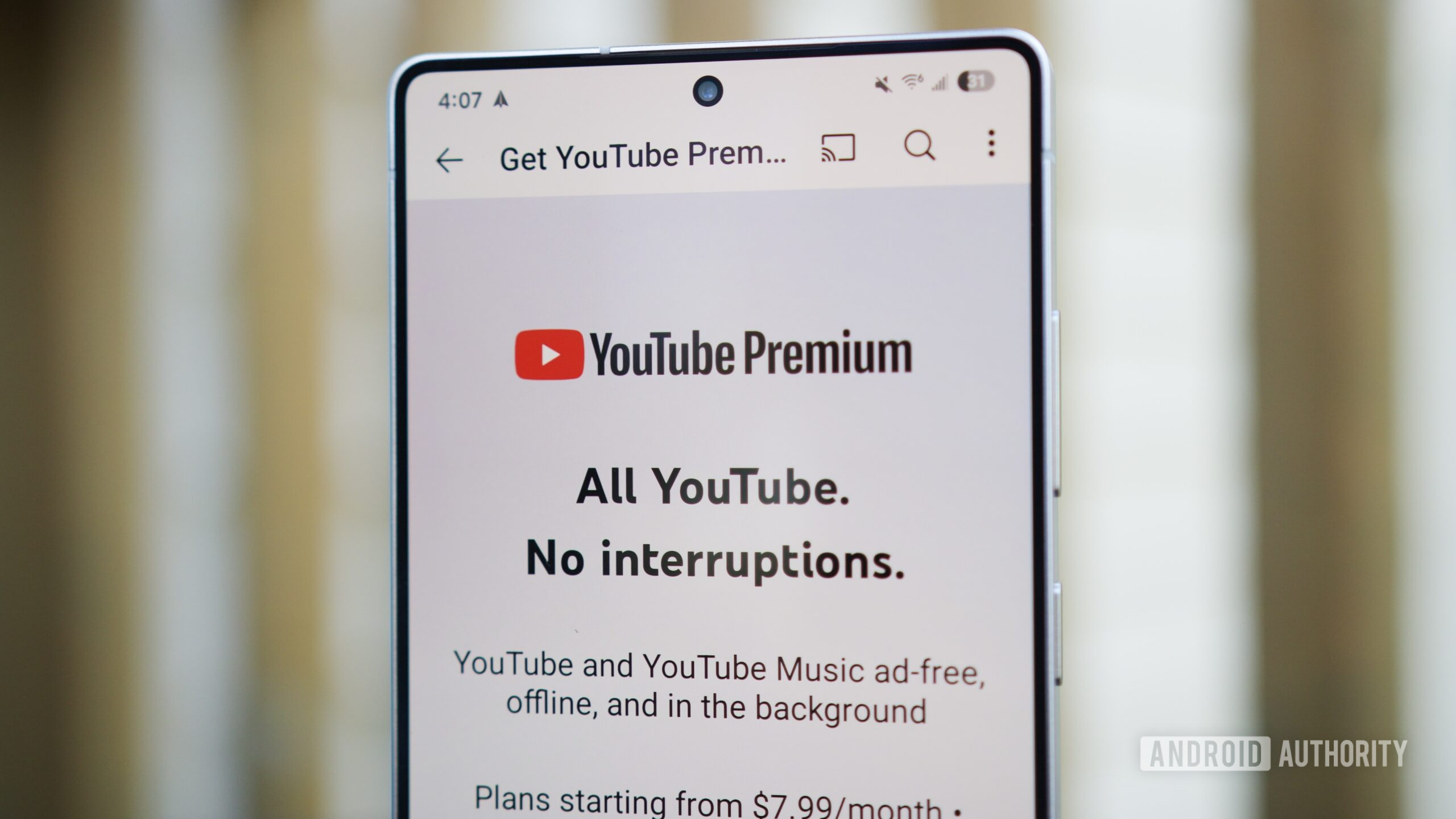
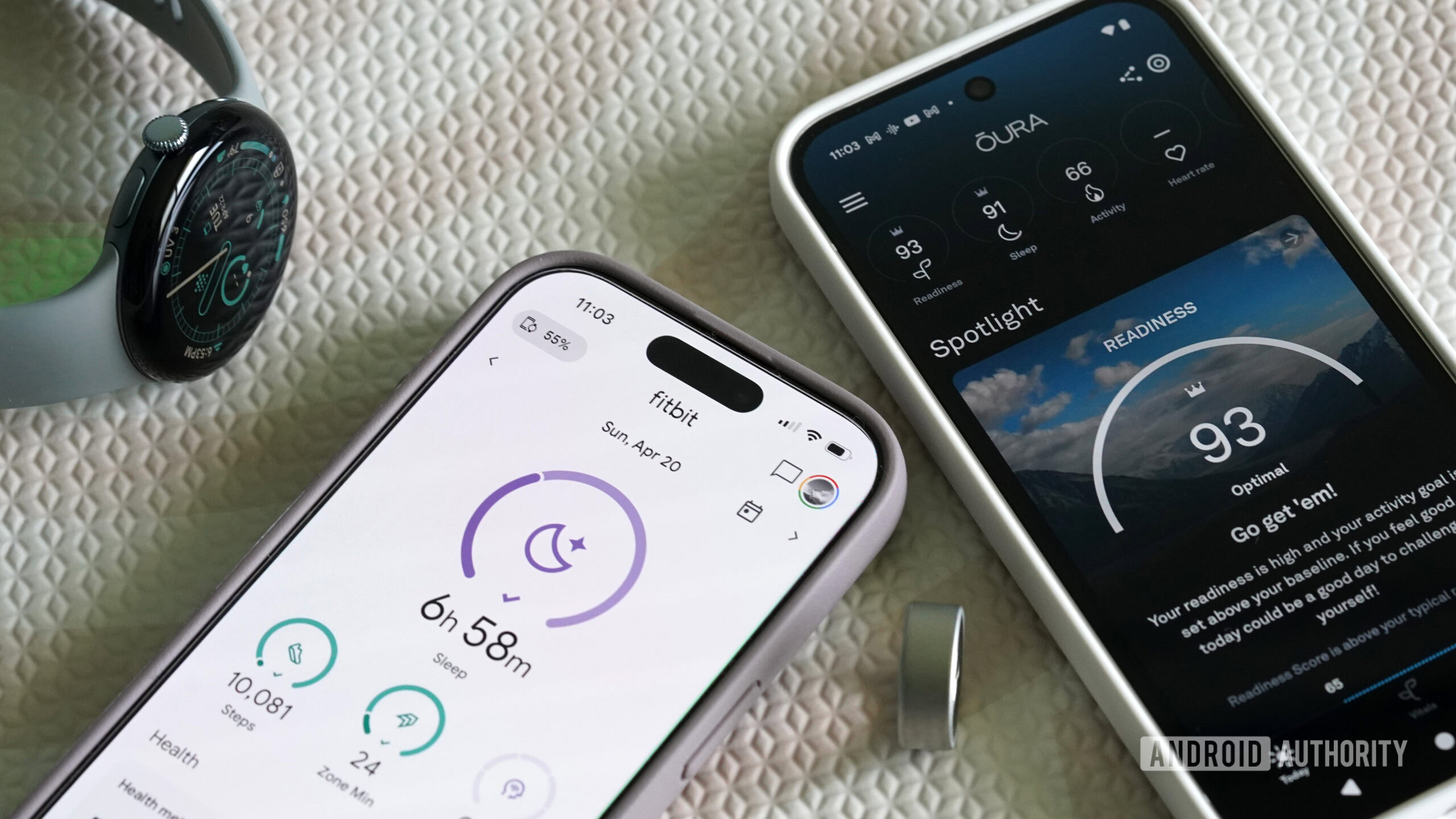
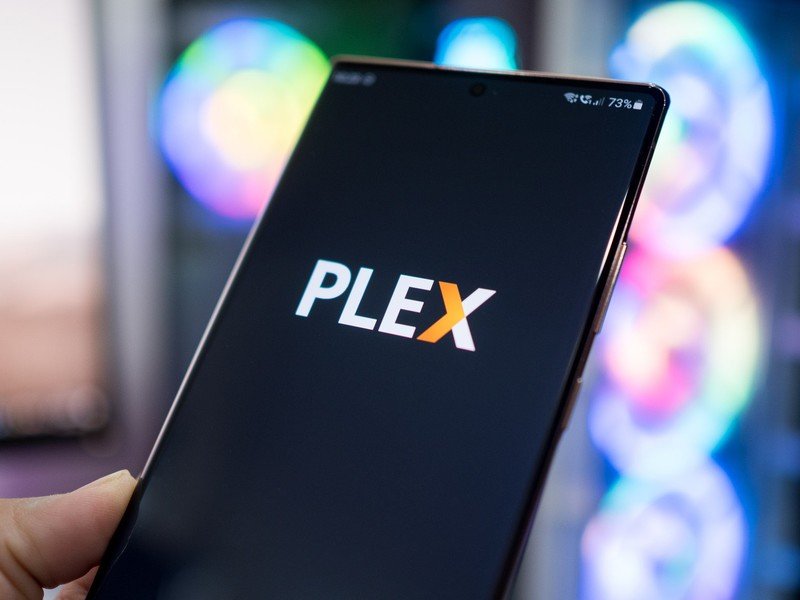

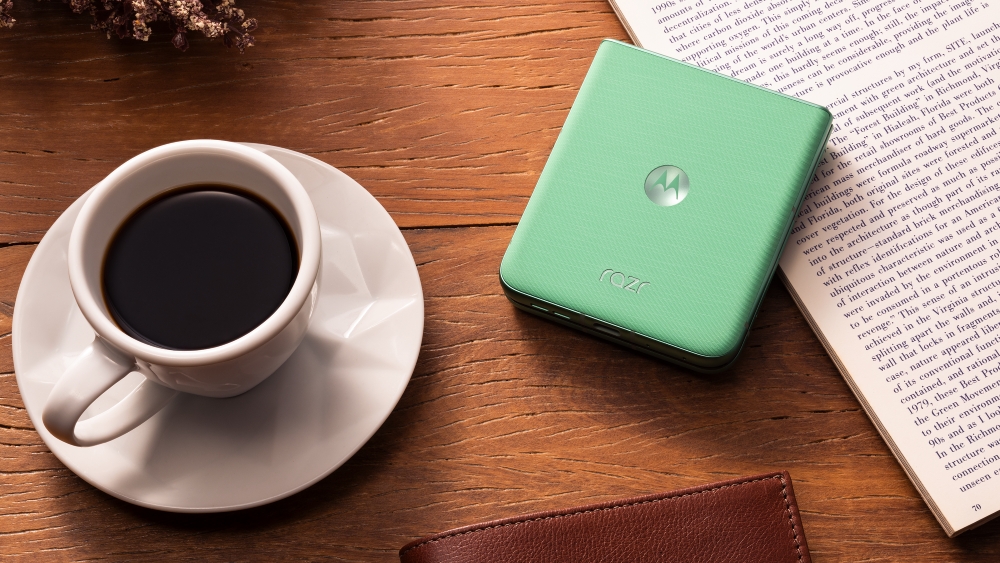
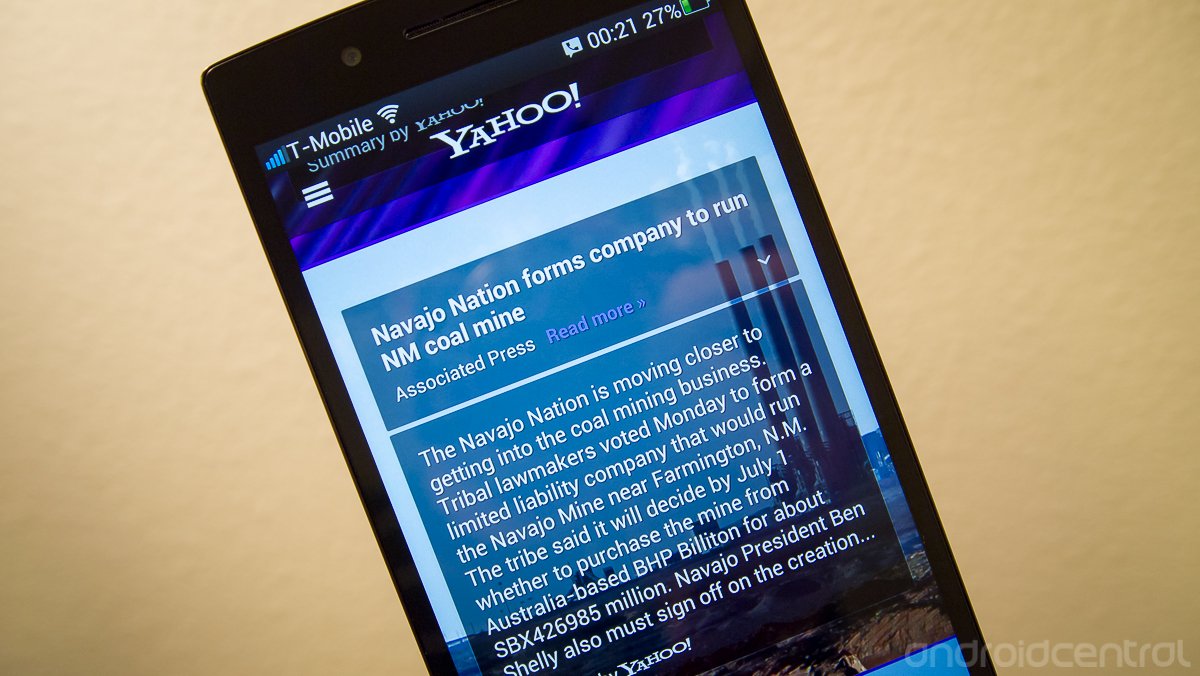



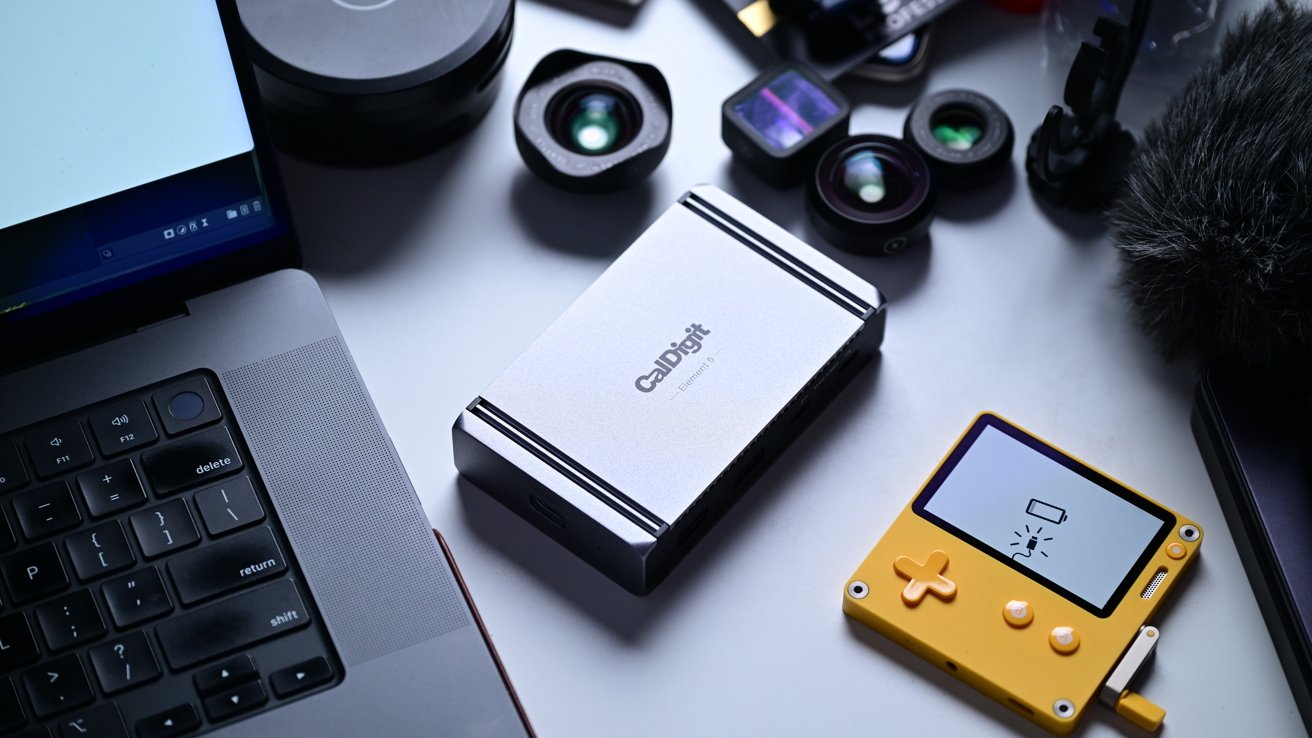
























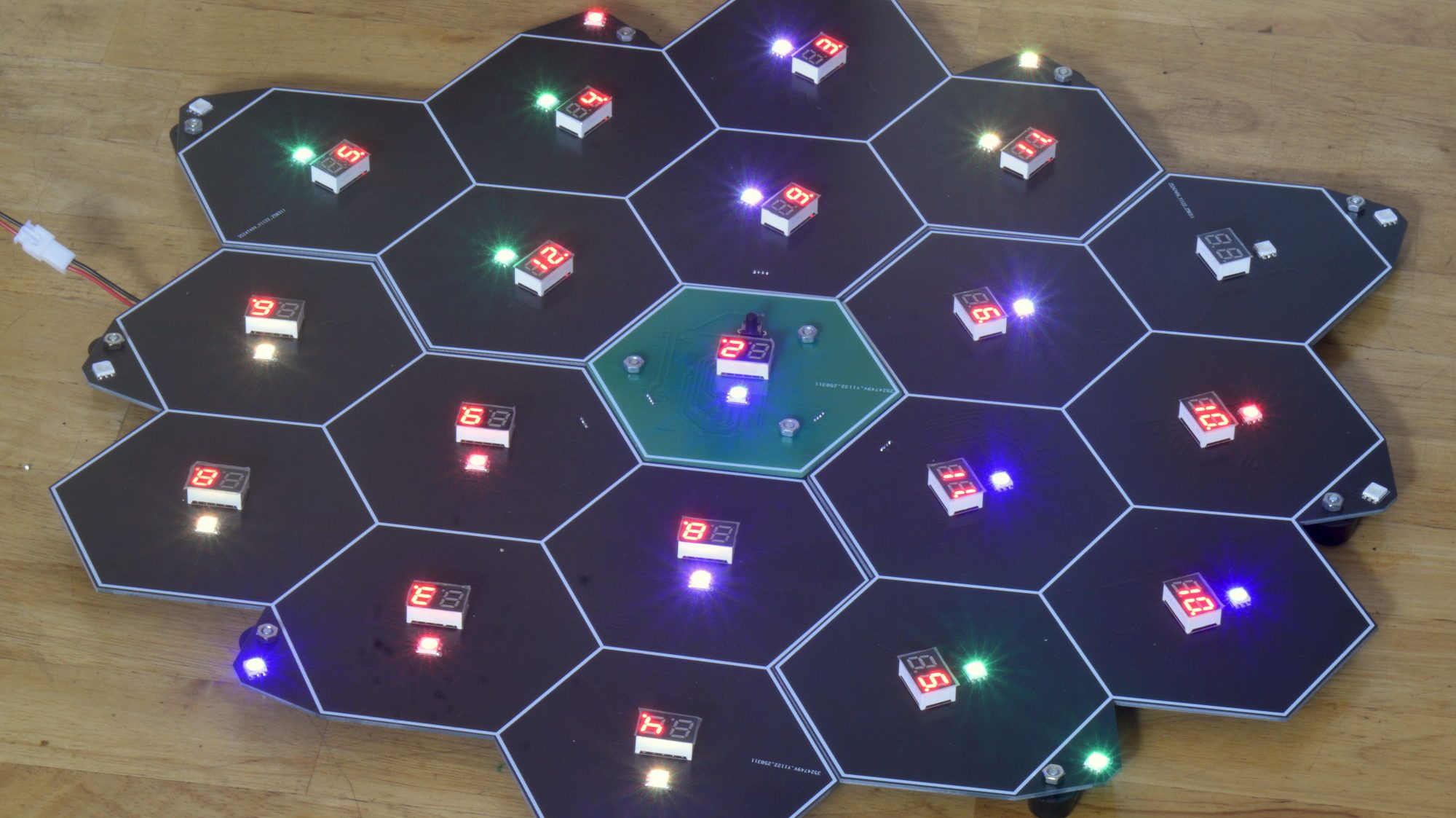


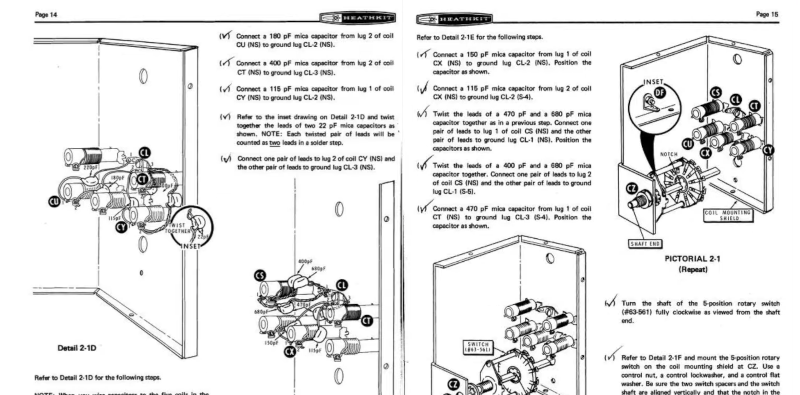














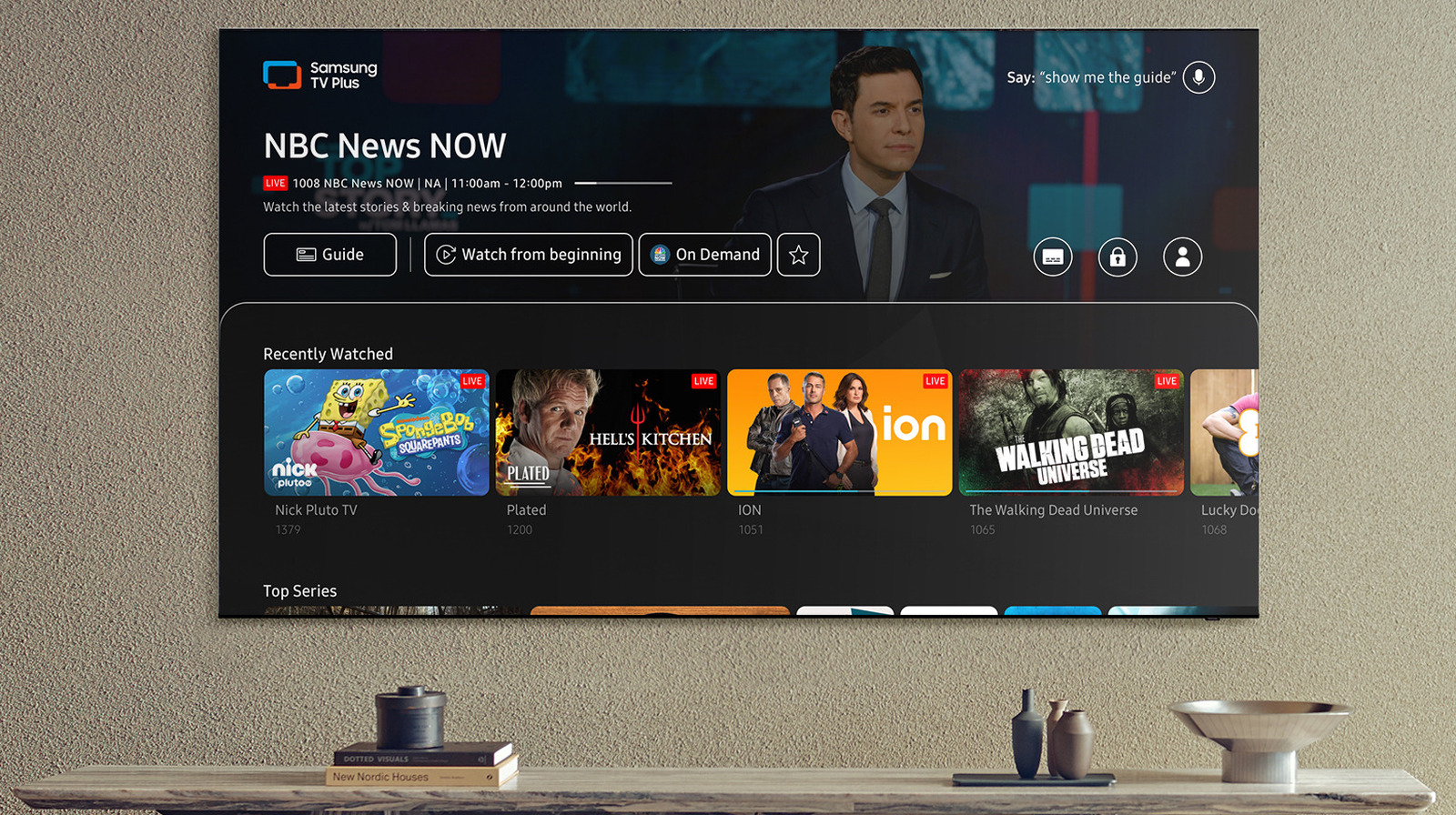








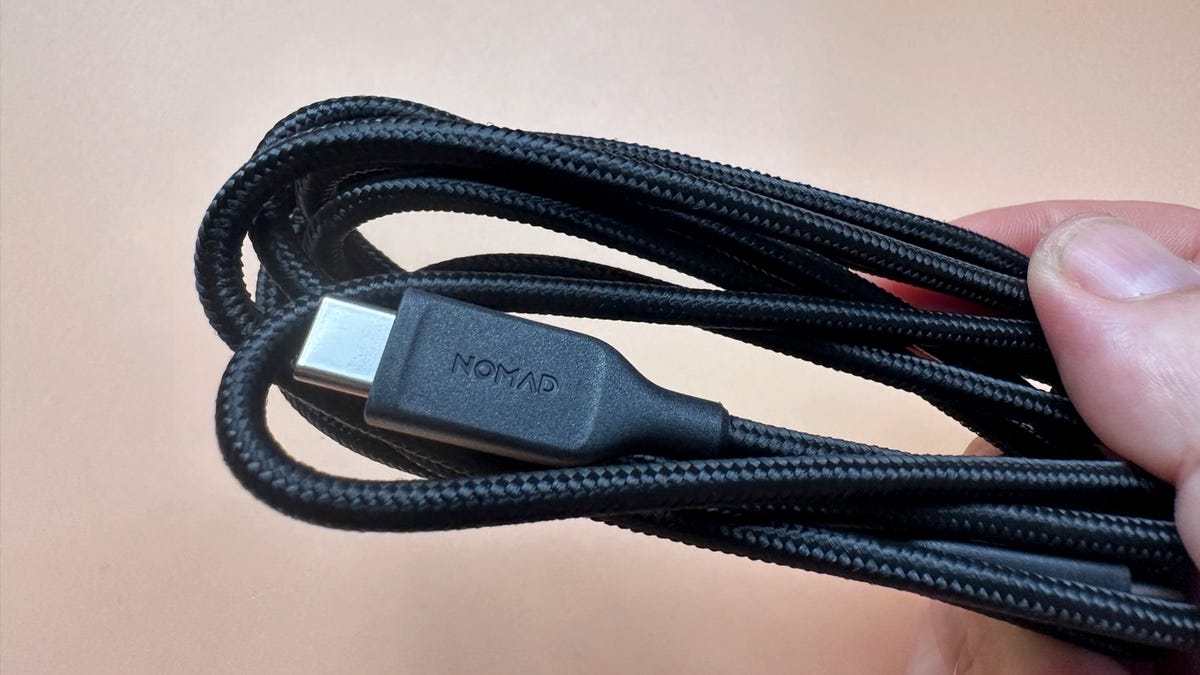

























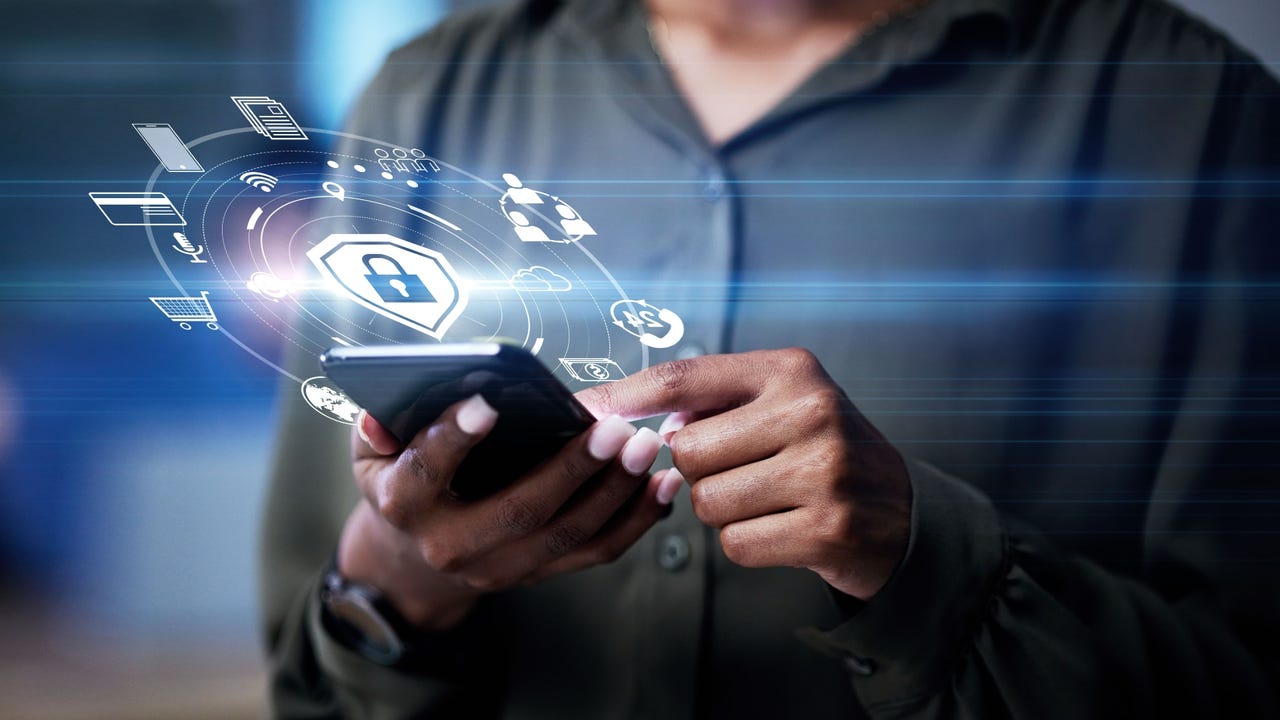
_Olekcii_Mach_Alamy.jpg?width=1280&auto=webp&quality=80&disable=upscale#)




























































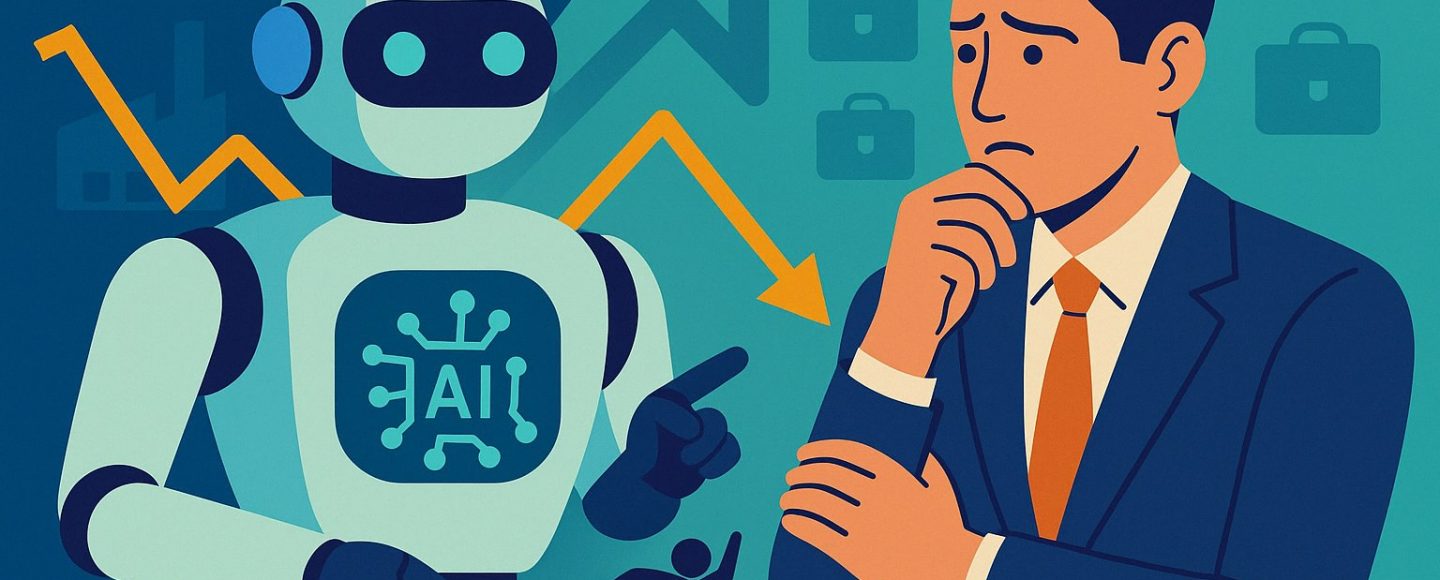







































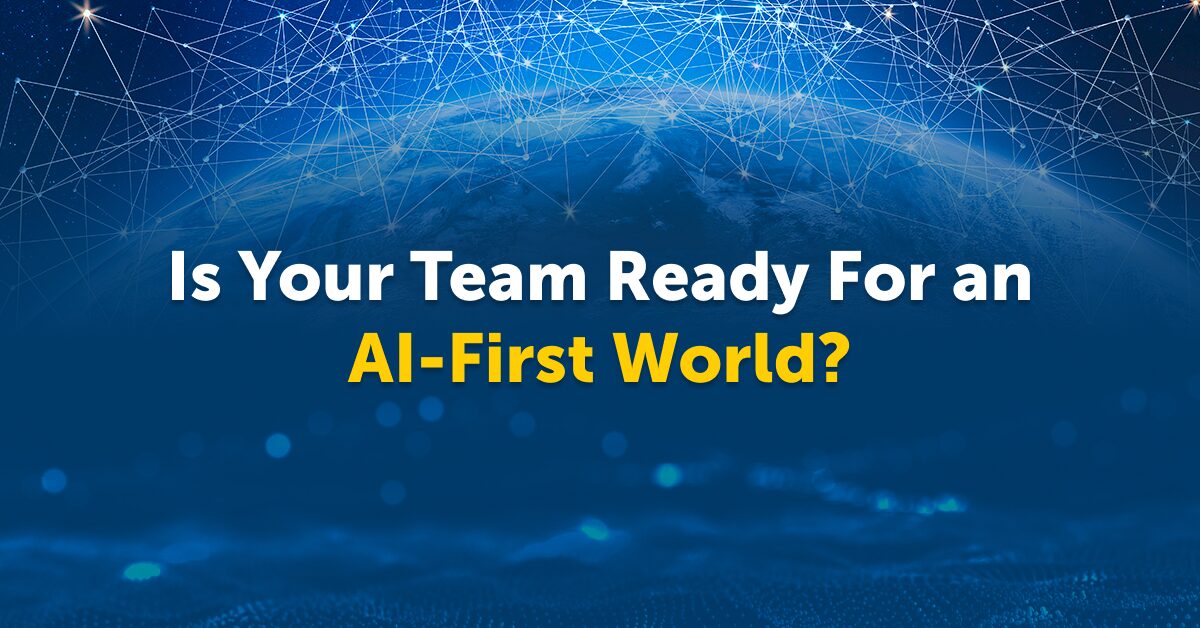

















![[The AI Show Episode 144]: ChatGPT’s New Memory, Shopify CEO’s Leaked “AI First” Memo, Google Cloud Next Releases, o3 and o4-mini Coming Soon & Llama 4’s Rocky Launch](https://www.marketingaiinstitute.com/hubfs/ep%20144%20cover.png)


















































































































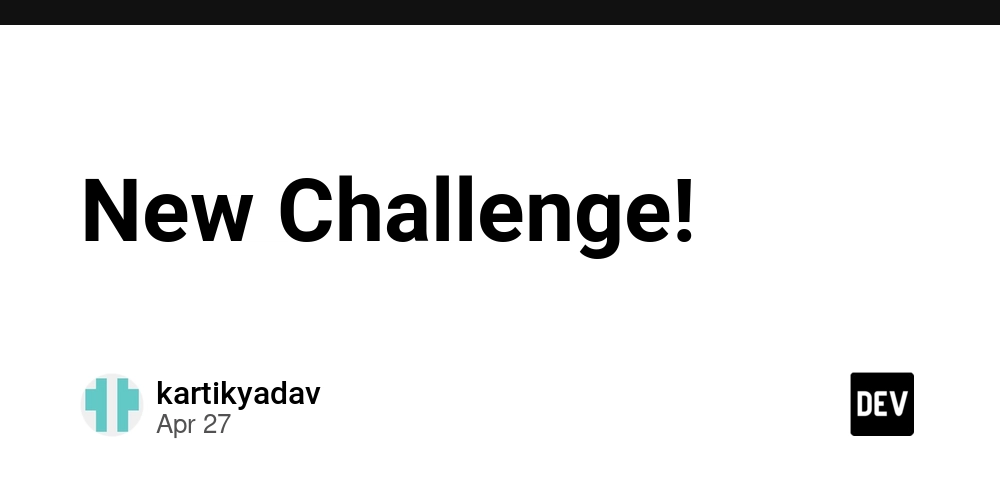
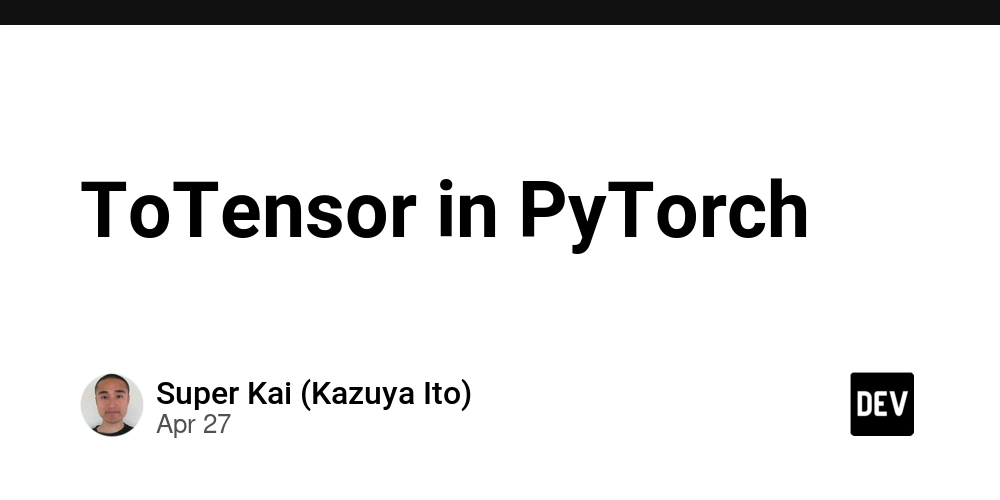
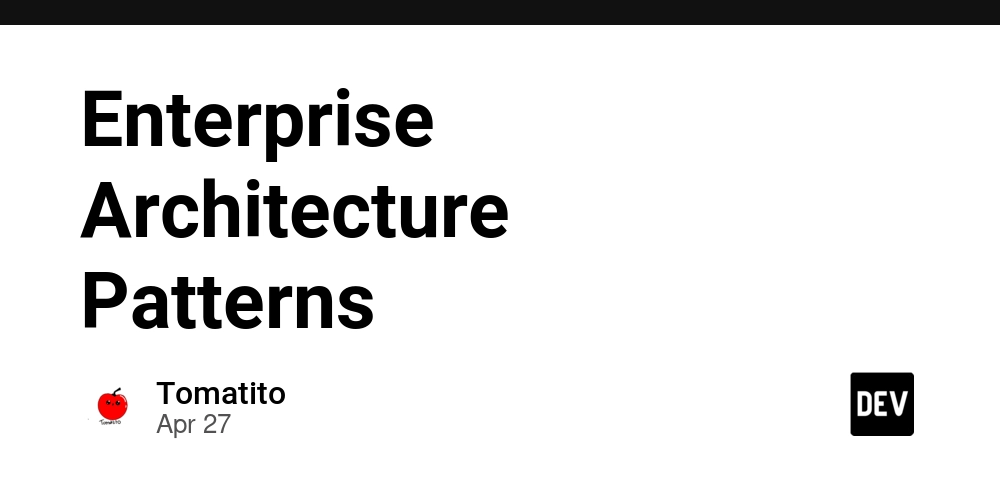
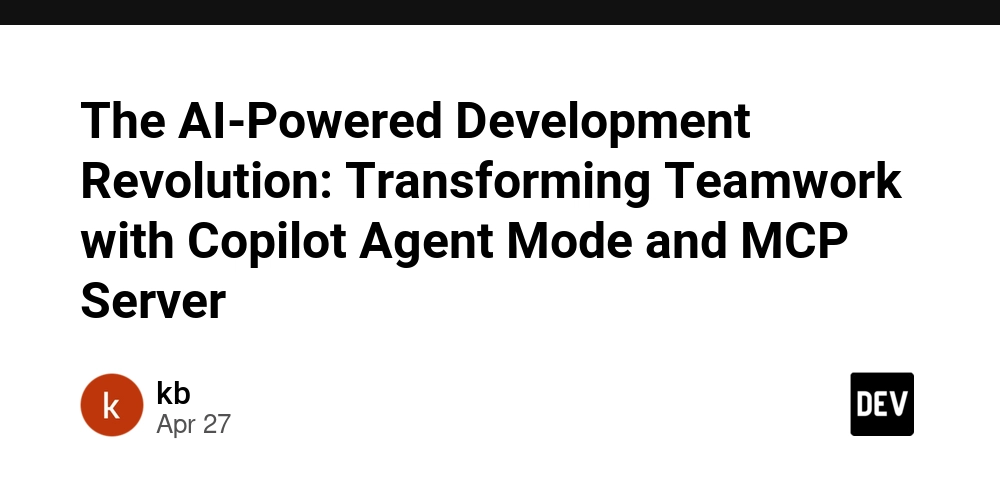

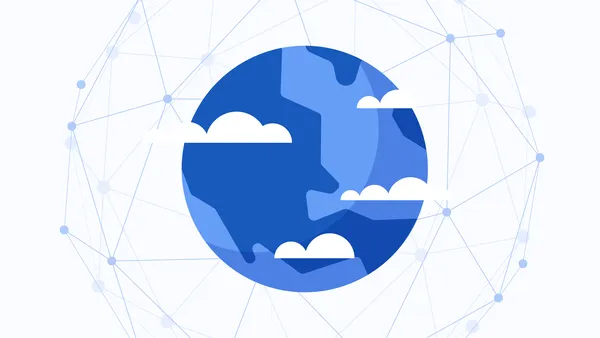
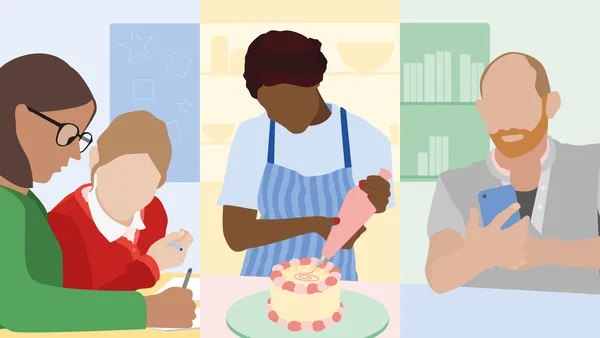










































![[FREE EBOOKS] AI and Business Rule Engines for Excel Power Users, Machine Learning Hero & Four More Best Selling Titles](https://www.javacodegeeks.com/wp-content/uploads/2012/12/jcg-logo.jpg)














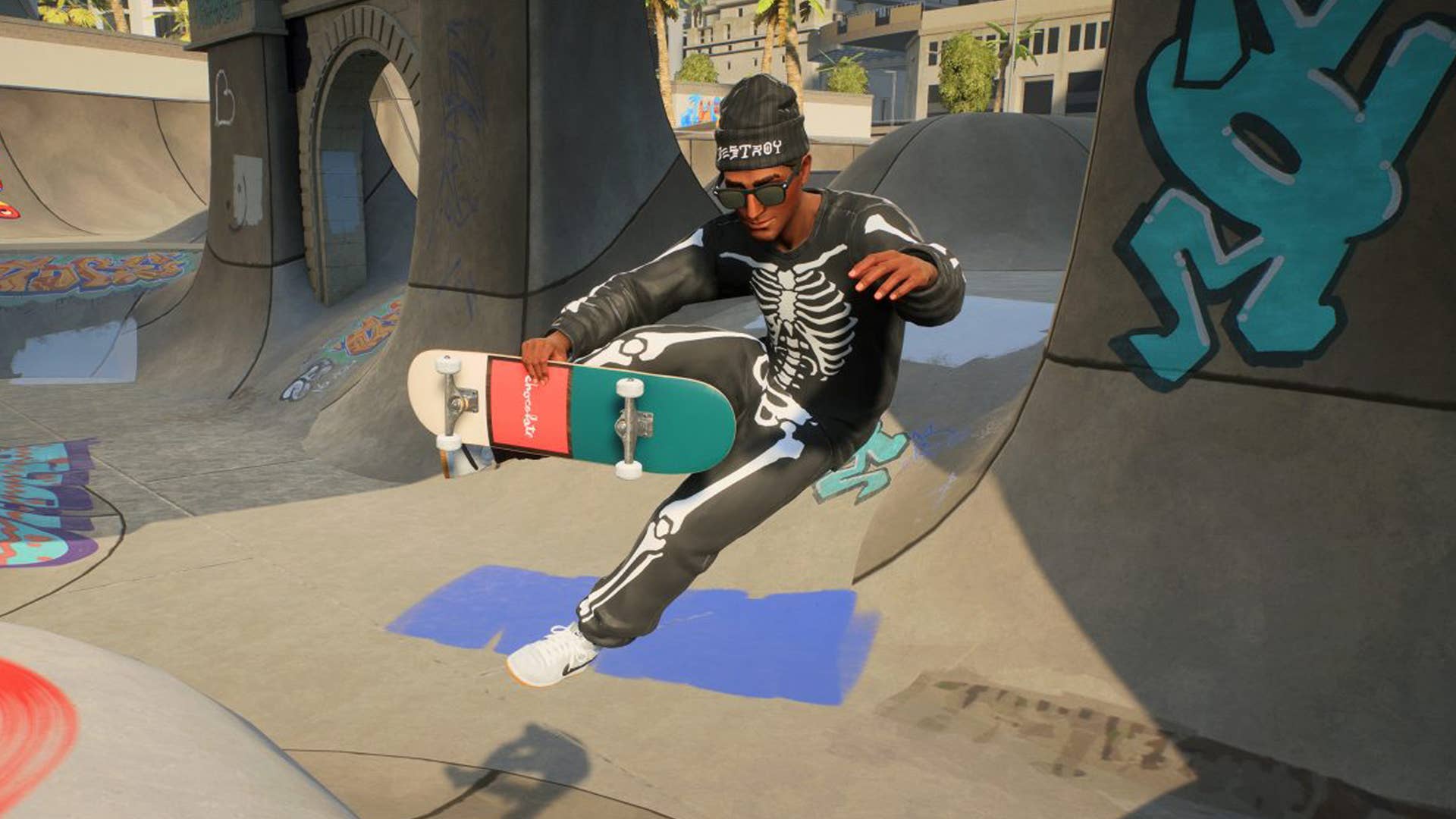













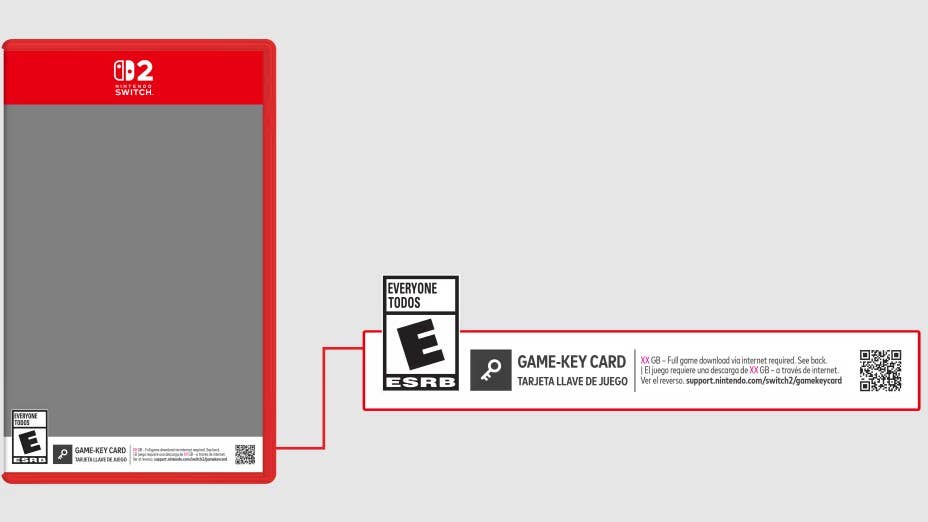
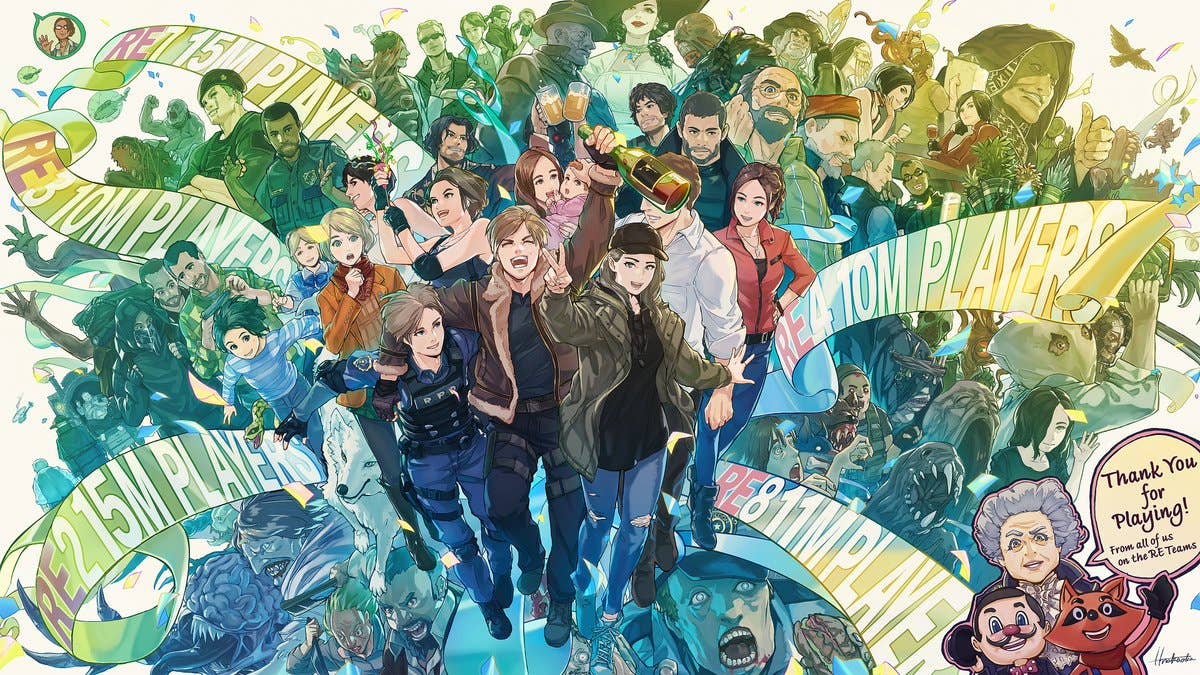


























































.jpg?width=1920&height=1920&fit=bounds&quality=70&format=jpg&auto=webp#)


